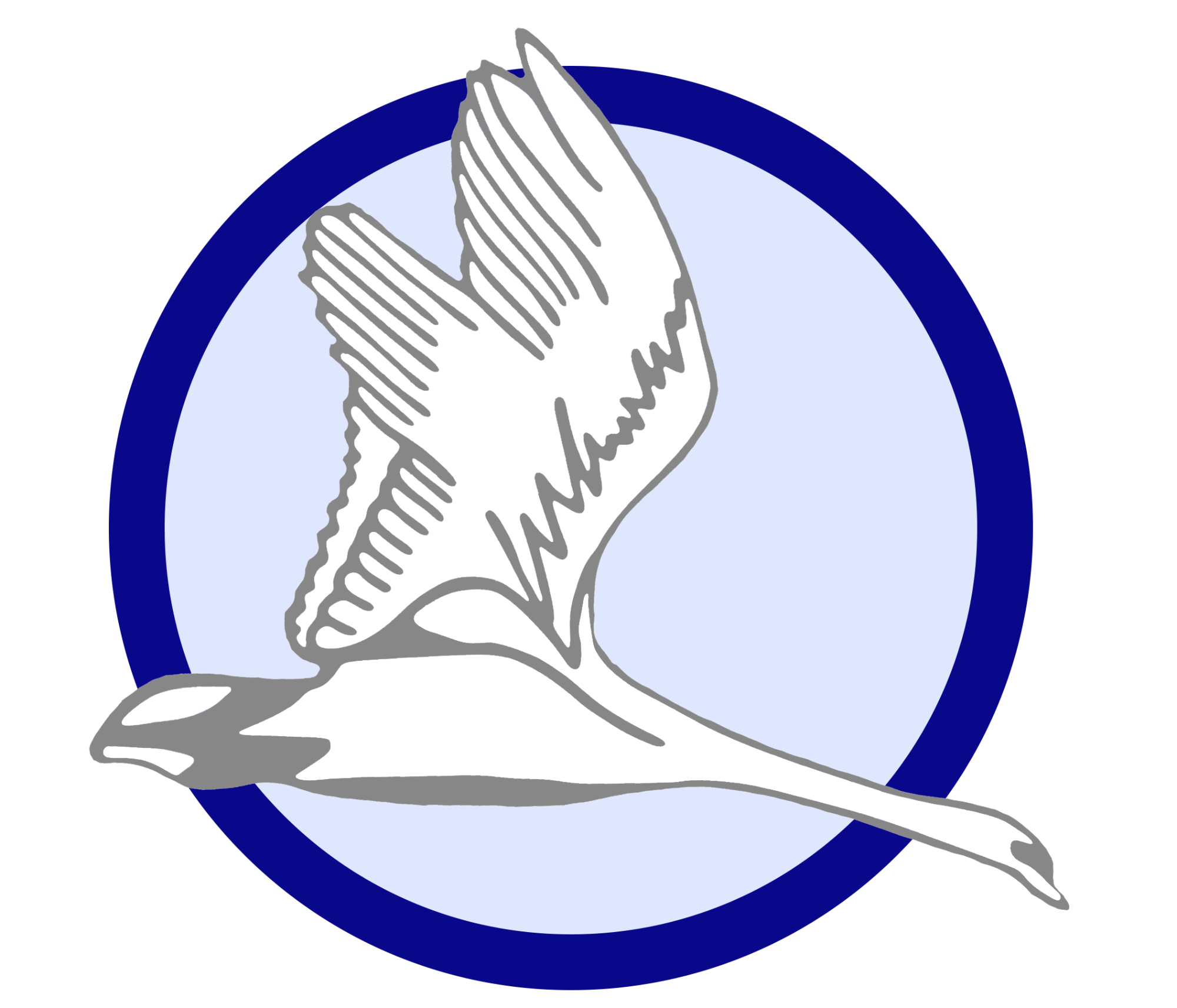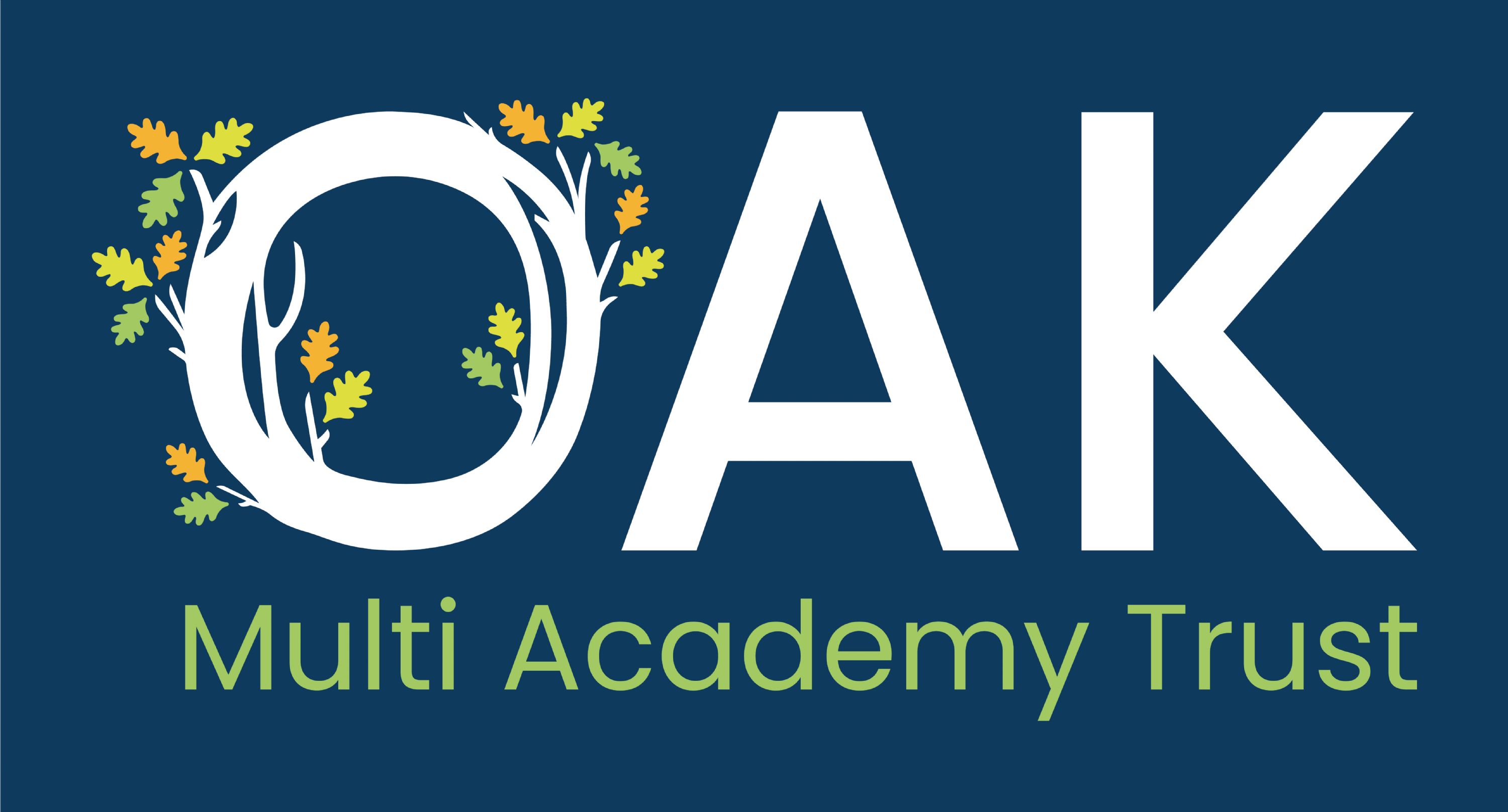Curriculum
The Riverbank strives to provide a curriculum that prepares pupils to find their place in the society in which they live. Our key principles in achieving this are giving pupils:
Confidence
Independence
Retention
Real life situations
Giving pupils an understanding of British values is vital in ensuring that they can achieve the key principles outlined above. All pupils are giving a clear understanding of the democratic processes through the work of the school and Eco council; demonstrating to pupils the importance of active participation, listening to and representing the views of others within the school community. Throughout the national curriculum pupils experience key learning linked to life in Britain. Opportunities to experience a range of cultures are built into multi-sensory learning experiences that are reinforced and supported through discussion and debate through our Jigsaw program.
Our curriculum is a skills based curriculum which focusses on:
Maths
English
Inquiry
PSD
Physical
The curriculum and learning environment is offered at the needs of the individual pupil; the subject/scheme of work being taught; the overall needs of the group and equality of access to our specialist facilities. A range of strategies are used to assess pupil progress throughout their time at the Riverbank to ensure that every pupil is able to have value and contribute to society both when in school and as they move on to their future lives.
To enable pupils to make progress they are given access to the new national curriculum whether this is in its entirety, as an adapted version or through a totally individualised timetable. Equality of access is at the fore of any curriculum opportunities that are offered to pupils and the school uses a range of strategies, technology and external support to achieve this.
The core principles of curriculum access throughout the school are about developing:
Communication – Includes speaking, listening, reading, writing, decision making and displaying preference, signing, using symbols, Picture Exchange Communication System (PECS), objects of reference.
Working with others – developing social skills and sustaining relationships
Preparing for the future – life skills, transition activities
Promoting independence – reducing reliance on others
PSHE/Riverbank topics – Knowing their place within the local community, the country and the wider world.
Through each key stage we aim to provide a safe, stimulating and caring educational environment in which all pupils are able to learn and develop their social, creative and academic skills.
For pupils who usually have moderate learning difficulties,, The pupils' needs may be associated with their physical or medical disability and a combination of sensory and/or communication difficulties. Pupils are typically working two-three years below their peers in a mainstream school.
Children within the Riverbank also integrate in to the main school for certain lessons such as english, maths, P.E, music and science. Appropriate adjustments in the main school are made to aid successful inclusion such as differentiated resources, work and adult support. A buddy system is set up within the classrooms to help self esteem and sensory breaks can be taken if needed.
Planning In the Riverbank
Long-term plan:
This is a planned programme of work across the school year or identifies an accredited course programme. From EYFS- Key Stage 2, the long term plans indicate the areas of learning through main school topics and Riverbank planned topics which pupils explore each set of skills.
Medium-term plan:
This is a scheme of work for half a term or a term, dependent on the class being taught. Teachers are expected to produce separate medium term plans for the following subjects/ areas:
- English
- Maths
- Science
- Topic based learning
Topic medium term plans should include; Geography, History, Arts, RE, PSHE, computing and PE
Teachers are not required to produce a medium term plan on a given template but are asked that medium-term plans include the following information:
- Title of topic, dates, name of class group, name of teacher, name of the lead teaching assistant.
- Summary of learning
- Clear, differentiated learning intentions using the terms 'all, most and some' These learning intentions should focus on what the pupils should know, understand or be able to do by the end of the project.
- Suggested learning activities
- 'WOW' This is a memorable event or activity particularly designed to motivate and enthuse pupils.
Your planning should be personal to you and your class and can be completed in any format. All medium term plans should be available on the server.
Short-term plan:
This is a set of activities for a week, a day or a lesson. Teachers are not required to complete plans on given templates but are required to produce a lesson plan for each lesson. This should include the following Information:
- Learning Intentions
- Success criteria (Key steps a pupil needs in order to fulfill the learning intention)
- Differentiated activities and resources
Great short term planning will include:
- Shared learning intentions and success criteria written in child friendly language. (These could be shared through a PowerPoint Presentation, task booklets or worksheets)
- Shared learning intentions focus on the learning, not just the completion of a task or activity.
- Information on the deployment of staff
Planning may be completed in any format e.g. Powerpoint Presentation, word documents, handwritten summaries etc and you are not required to duplicate any material you have produced.

